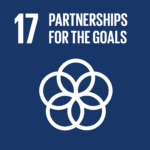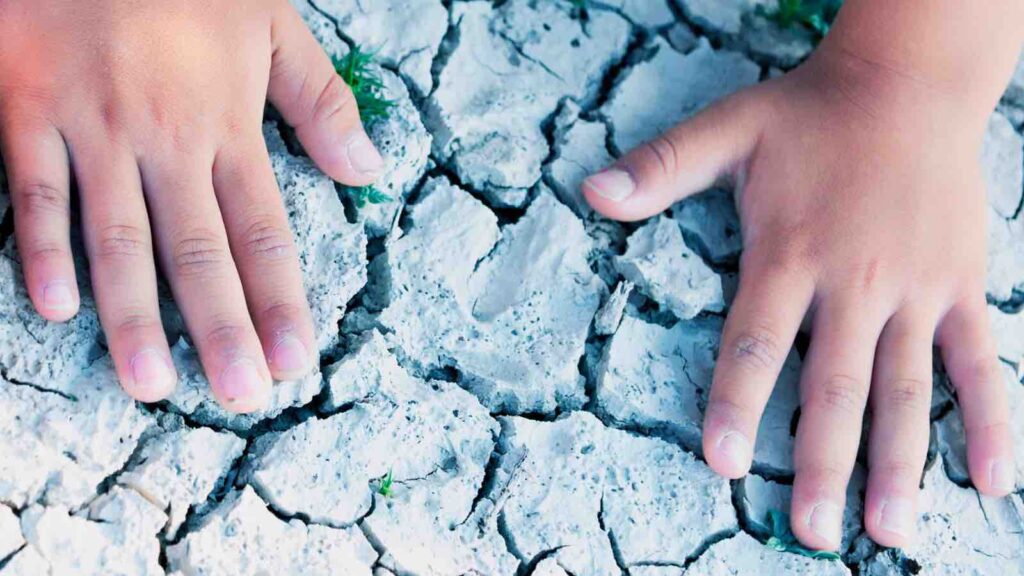The majority of APEC countries believe urgent action is needed on climate change or we risk failing future generations, Ipsos’ 2025 People & Climate Change study reveals.
As global temperatures breach critical thresholds, a recent Ipsos survey reveals a paradox within the Asia-Pacific Economic Cooperation (APEC) nations: while public concern about climate change remains high, individual willingness to act is diminishing.
RELEVANT SUSTAINABLE GOALS



Rising Concern, Declining Personal Responsibility
The Ipsos “People & Climate Change 2025” study, encompassing 32 countries, indicates that 66% of respondents in APEC countries believe their governments should intensify efforts against climate change. Notably, the Philippines (82%), Indonesia (81%), and Thailand (75%) express the highest concern for future generations if immediate action isn’t taken.
However, the study also highlights a decline in personal accountability. For instance, in India, concern about climate change’s impact dropped from 78% in 2022 to 64% in 2025, and the sense of personal responsibility decreased from 69% to 54% over the same period.
Confidence in governmental climate strategies varies across the region. In Indonesia and Malaysia, 60% of respondents trust their government’s plans, followed by Singapore and Thailand at 58%, and India at 56%. Conversely, Australia and New Zealand exhibit lower confidence levels, at 28% and 23% respectively.
Divergent Views on Climate Threats
Economic apprehensions influence public perception of the transition to renewable energy. In Indonesia (51%), Singapore (50%), and Thailand (47%), nearly half of the respondents believe that shifting to renewables will increase household energy costs. In contrast, only 39% in India and 34% in the Philippines share this concern.
While some APEC nations recognize climate change as a significant threat, others are less convinced. In Thailand, 68% view climate change as the single biggest threat to humanity, followed by South Korea (63%), the Philippines (62%), and Indonesia (60%). However, in Japan, India, and Australia, concern is notably lower, with agreement levels at 47% and 38% respectively.
The Ipsos study underscores a critical juncture for APEC nations: while public demand for governmental action on climate change is strong, individual commitment is waning. Bridging this gap is essential to meet climate goals and safeguard future generations.
You may also be interested in :
Climate Change Could Slash 40% Off Global Economy, New Study Warns




